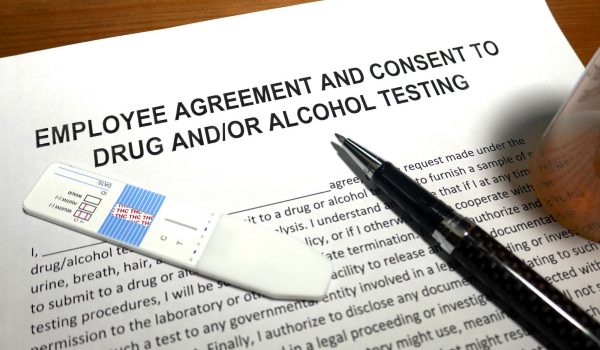The 2018 Farm Bill’s legalization of hemp set the stage for a resurgence in hemp production and the proliferation of hemp-derived cannabidiol (CBD) products. What’s more, numerous states have introduced or passed bills legalizing medical marijuana, despite marijuana’s classification as a Schedule 1 substance under federal law.
Recent changes to THC product legality have left many employers to contemplate whether they are legally bound to accommodate an employee’s use of products containing THC, particularly when flagged on a drug screen. Further complicating matters is the fact that many of these THC products are used for medical purposes, raising questions concerning the applicability of the Americans with Disabilities Act (ADA) and similar state discrimination laws.
The growing volume of case law would seem to indicate that – absent states with specific marijuana anti-discrimination statutes in place – employers need not accommodate employees’ THC use, medical or otherwise. In several states, both federal and state courts have also determined that employers may terminate employees who are under the influence of legal THC products in the workplace. (For information concerning state-specific case law, click here.)
Another area of concern for employers is the legal framework for hemp-derived CBD oil. For one, CBD oil contains trace amounts of THC, and if this amount exceeds 0.3 percent THC, it is still considered a Schedule 1 substance by the DEA. CBD oil may also be detected on a drug test if an employee uses it in large quantities. Currently, in states like Indiana, employers are not required under state law, nor under the ADA, to accommodate employees who are flagged for THC as a result of using CBD oil.
Many employers have opted not to screen for THC. While this approach may assist employers in retaining employees who might otherwise be terminated following a drug test, loosening or eliminating drug screen requirements comes with risk. This is especially true for workplaces with significant safety hazards, where an employer’s failure to exercise reasonable care in testing for drugs or alcohol can lead to liability following an accident or injury.
In environments with considerably fewer safety risks, however, employers have fewer liability concerns should they decide to dispense with drug testing and/or make certain accommodations for CBD oil and medical marijuana use. Despite the changing legal treatment of these substances, employers would do well to carefully evaluate their workplace conditions before making any decision with respect to their drug testing policies. For more information, contact Amy Wilson, or any member of Frost Brown Todd’s Labor and Employment Group.

